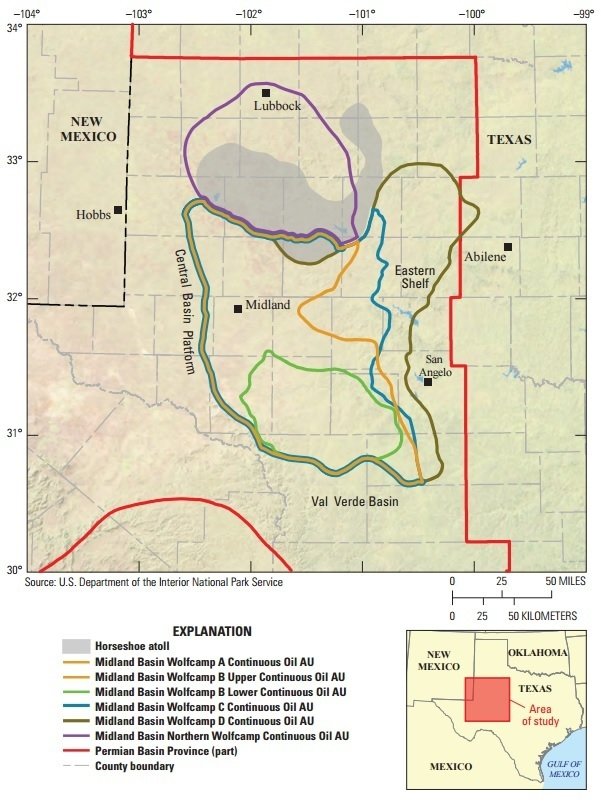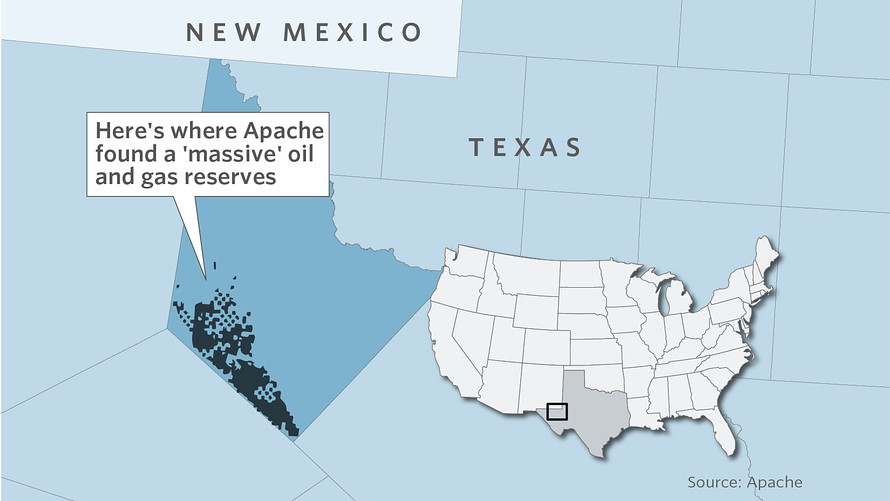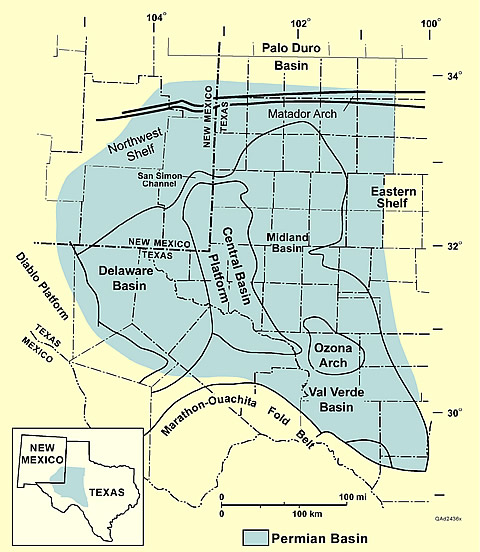The United States Court of Appeals for the Fifth Circuit issued an unpublished opinion last year in Waggoner v. Denbury Onshore, LLC, et al. concerning the application of state antitrust law to royalty payments. It should be noted that while the opinion is instructive on how the 5th Circuit Court of Appeals views the issues discussed, the opinion is explicitly not intended as precedent, except under the limited circumstances set forth in the Fifth Circuit Rule 47.5.4.
Background of the Case:
In 1984, James Waggoner acquired an oil, gas, and mineral lease for a section of a carbon dioxide (CO2) formation in Rankin County, Mississippi. Subsequently, Shell Western E&P Inc., a subsidiary of Royal Dutch Shell Inc., petitioned the Mississippi State Oil and Gas Board for authority to pool the interests in a large section of land, which included Waggoner’s interest. Waggoner entered an agreement with Shell to place 77 acres of his land into the pooled tract of land in exchange for a 6.25% overriding royalty interest in the well until payout with an option to convert the overriding royalty interest into a 40% working interest at a later date. Waggoner and Shell also entered into an Operating Agreement that dictated that the price of CO2 (upon which royalties were to be calculated) would be the “volume weighted average price”. After the well paid out, Waggoner converted the overriding royalty interest into a working interest, which allowed Waggoner to take either a proportional share of the CO2, or a proportional share of the volume weighted average price of the CO2 that Shell received.






